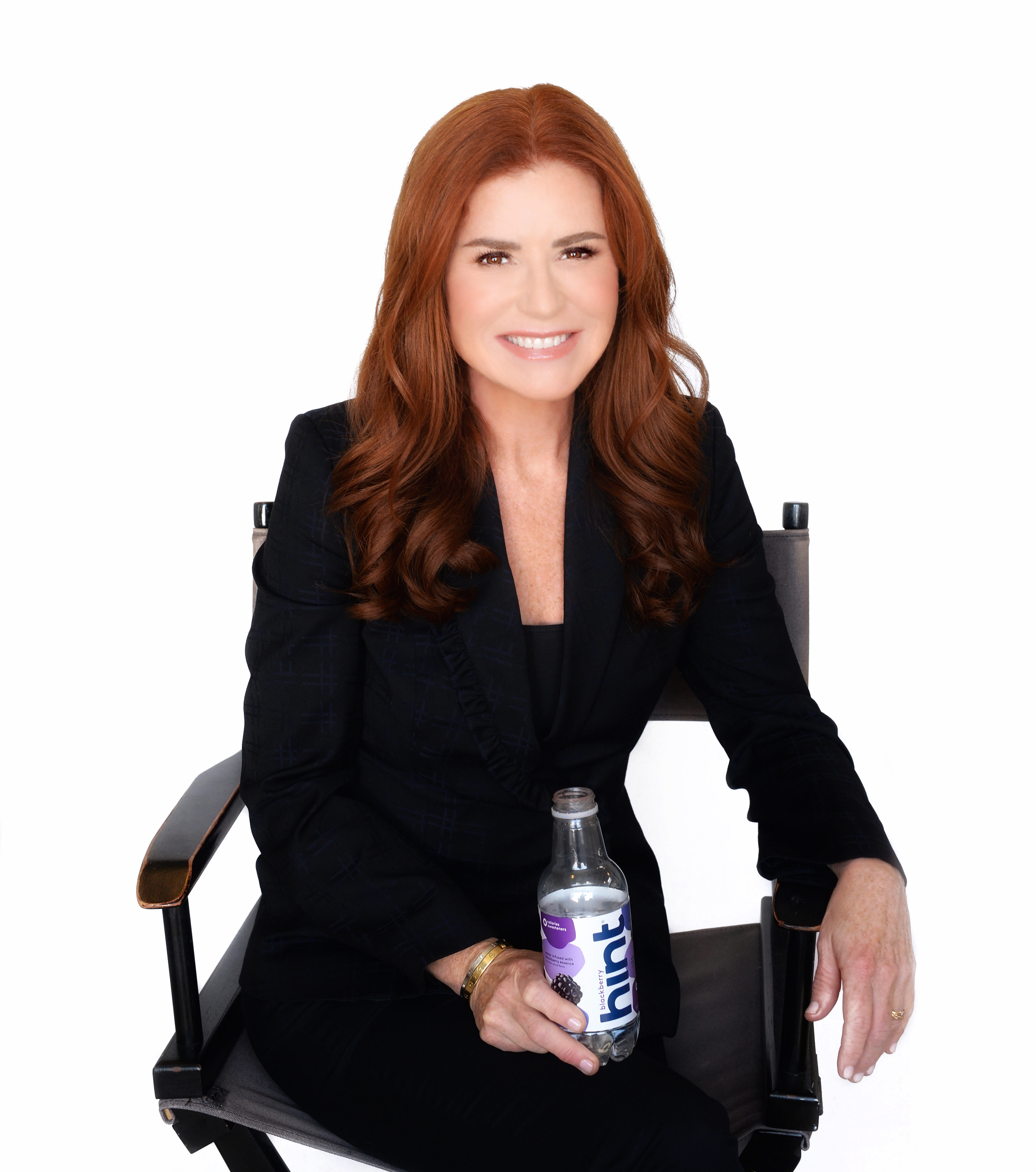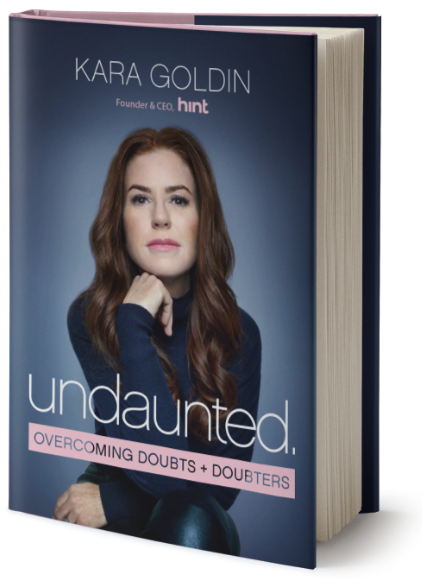I Kicked My Sweet Habit and Made It My Mission to Help Others Do the Same
·
6 minute read
·

I was there. I had a sweet habit about twenty years ago – plus low energy levels, adult acne and weight that I couldn’t get rid of. I was fooled by diet sweeteners, thinking that fewer calories equated to better health. I fell into the trap of being tricked by healthy perception vs healthy reality. My diet soda addiction, where I got most of my diet sweetener intake, was also leading to a habit of snacking on other sweets around the kitchen – a cookie, a bite of chocolate, little indulgences here and there. I remember how much work it took to reprogram my brain and my body to combat my addiction.
You know who else knows how hard it is to kick that habit? The big players in the food and beverage industry. So as scientists and journalists have started reporting on the ill effects of sugar – fat retention, diabetes, digestive disorders, even mental instability, and ultimately lower life expectancy – there’s been a mad dash to find a newer, improved version of sugar. Why not?
This time around, though, artificial sweeteners won’t cut it. Those substitutes work in specific types of products which are often loaded with preservatives, but even then, the taste never quite measures up. The latest in food tech is engineering hybrid sugars that taste and function largely like the real thing, so they can be used by industrial bakers and home cooks looking for that same sugary kick, but in smaller doses that promise fewer calories.
The New Yorker’s Nicola Twilley did a deep-dive into this new, lucrative field for her article “The Race to Redesign Sugar.” In it, she surveys the leading candidates. One Israeli start-up is blending sugar with indigestible silica, which passes through the body untouched, and is nearly invisible given how finely they grind the silica down. A British company has started marketing allulose, a derivative of fructose which flips three carbon atoms to create a new kind of lower-calorie sugar. Other companies have experimented with aerated sugar, which resembles swiss cheese when viewed through a microscope, but commercial applications have yet to find success with consumers.
Here’s the problem – and it’s the same issue I discovered with diet sweeteners – you can’t fool the body. Once any kind of sugar gets broken down and delivered into the bloodstream, it triggers insulin production to offset the blast of energy coursing through your system. If you don’t exercise or exert yourself during that sugar high, that energy gets stored away, often as fat.
And here’s where the bigger problem lies: estimates vary, but the average American adult consumes about 77 grams of sugar per day – which is a bit down from its peak twenty year ago – but that’s still more than three times the recommended daily allowance. (One can of regular soda is nearly double the daily allowance.) No wonder obesity rates have tripled in the last 50 years!
My personal journey took a different path. Once I discovered that diet soda was the culprit in my declining health, I stopped cold turkey. I lined up 8 glasses of water on my kitchen countertop and didn’t go to sleep until every last drop was in my body. I shed twenty pounds within the first weeks! I quickly got bored with all the water, but instead of going back to diet drinks, I started adding slices of fruit to flavor the water. My family joined in, then friends, and then strangers started asking what kind of fruit was in my water bottle. Everyone who tried it, loved it, and soon I started thinking, “If this has had such a transformative effect on me, and it seems to be a hit with so many people I know, maybe this could make a difference in people’s lives all over the country?”
That thought became an obsession, and that obsession became my mission. Create products that make healthy choices easy.
Within the next few years, the market will be flooded with new products boasting of low-calorie sugars that deliver the same sweet flavor. Supposedly. But I have some bad news for everyone hoping that these products are a cure for their sugar ills. These new-fangled high-tech sugars are creating the same perception of health that I bought into with diet soda. First it was low calorie soda. Then zero calorie. It’s all the same to me. The reality is that we need to cut way back on sweet consumption if we’re going to combat diseases like Type 2 diabetes and widespread obesity. And the only way to do that is to recognize the difference between the Healthy Perception that is marketed to us all non-stop vs the Healthy Reality of eating right.
Now I’m not a total spoilsport. I love an occasional indulgence, but I do it in balance with better choices day in and day out. And here’s where my work building the Hint brand over the last 15 years has been so gratifying. It’s not just me. I’ve heard from tens of thousands of Hint fans over years, telling me how our flavored water has completely changed their relationship with sugar and sweeteners, and transformed their health in the process.
Food technology can be a tricky thing. Advances in science have allowed us to scale food production, created delicious new varieties through hybridization (hello Honeycrisp Apples), and filled our markets with a bounty of choices. On the flip side, it’s also given birth to a wide selection of highly-engineered processed foods that can be really difficult to resist – and that’s by design. Additives and artificial flavors play into addictive triggers, and often mask their unhealthy effects with claims of low sugar, low fat, low carb, low calories.
But those claims ring more and more of desperation, and there’s evidence that consumers are starting to move toward better habits. Especially in the last six months, as we’ve all become a bit more introspective, we see more reports of people focusing more on their health and better food regimens. This renewed focus on dietary choices has people seeking more balance in their lives when it comes to food and exercise. CSAs have seen huge spikes in membership. Home exercise equipment has been in shorter supply. Backyard gardening has seen a strong resurgence.
I believe that’s what’s called a silver lining. And I, for one, am all for it.
Undaunted
Get Kara’s Insights In Your Inbox





